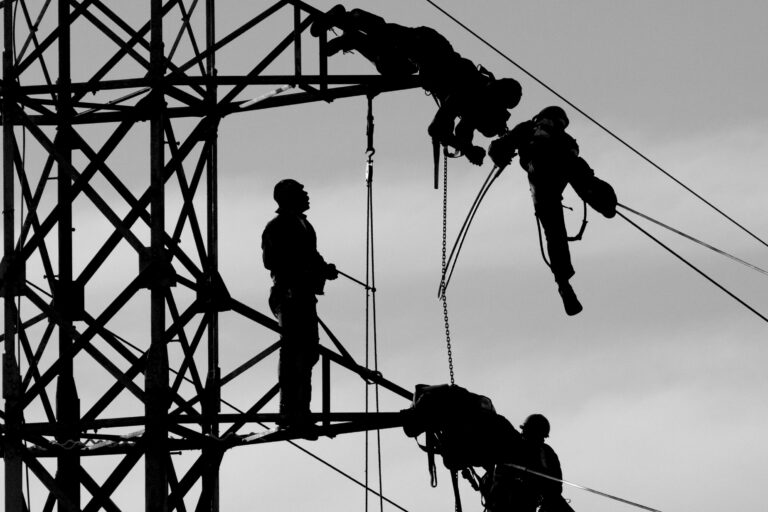Findings of the Con3Post project
The findings of the Con3Post project indicated that immigration of third country national (TCN) workers is driven largely by economic discrepancies and wage disparities between the third countries and EU countries.

The findings of the Con3Post project indicated that immigration of third country national (TCN) workers is driven largely by economic discrepancies and wage disparities between the third countries and EU countries.

The study compares the findings from three Con3Post regional reports on mobility and posting flows between EU-sending, EU-receiving and third countries.